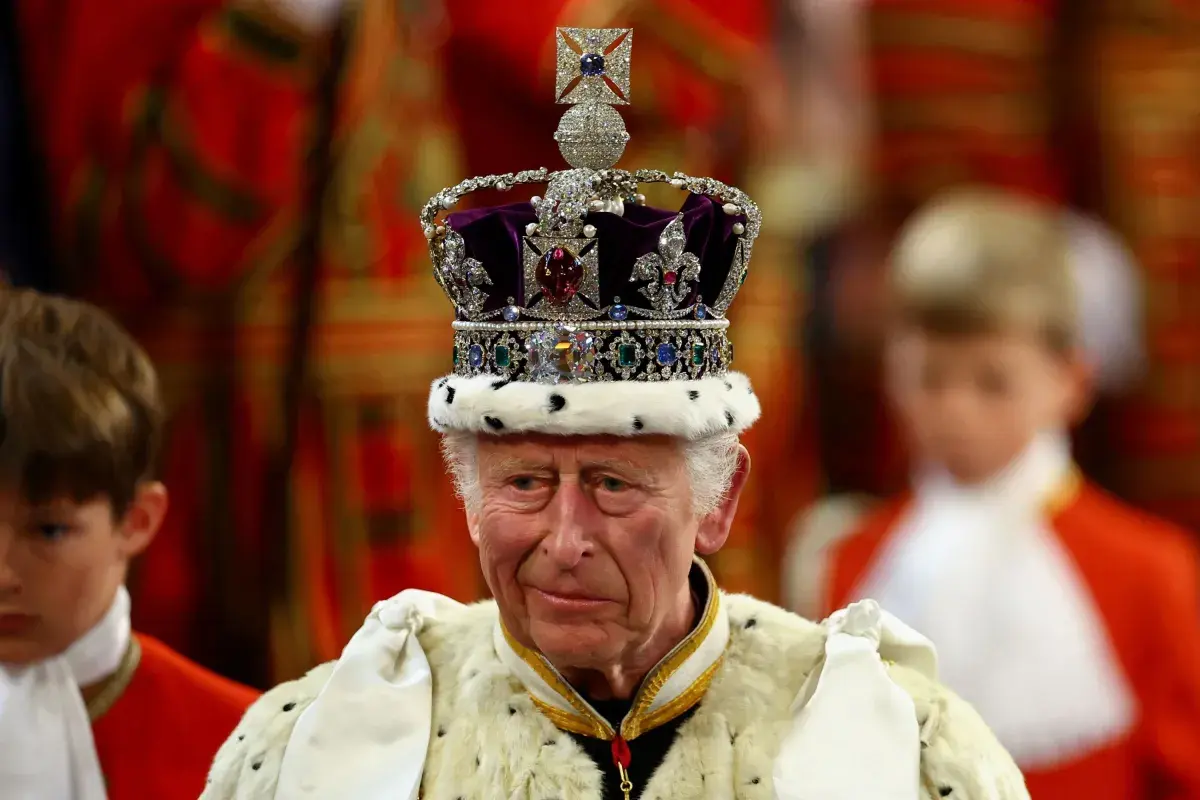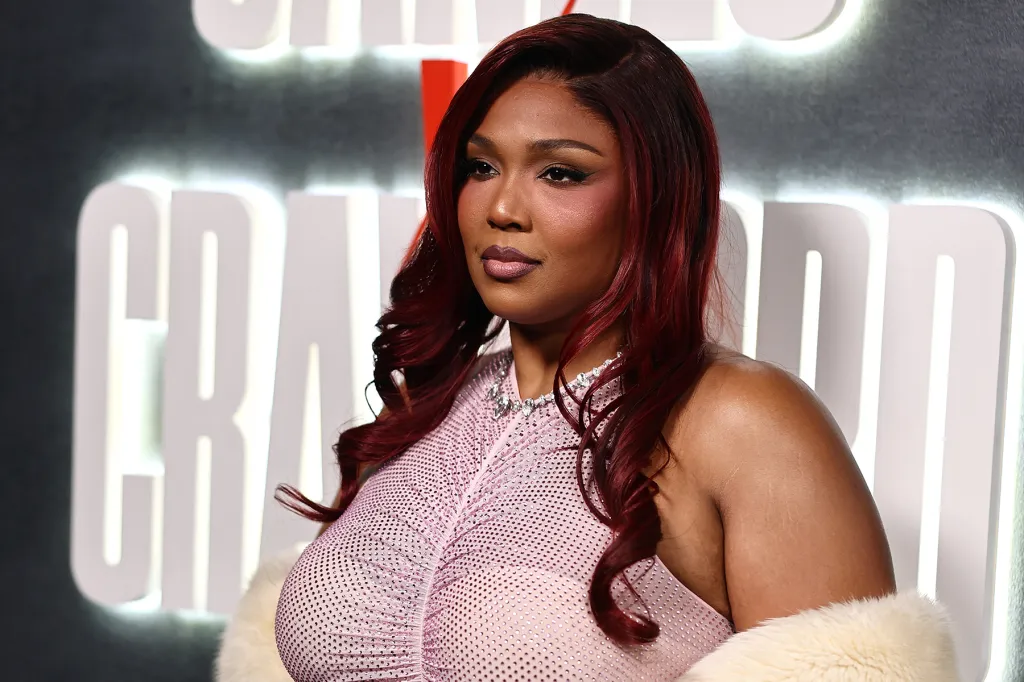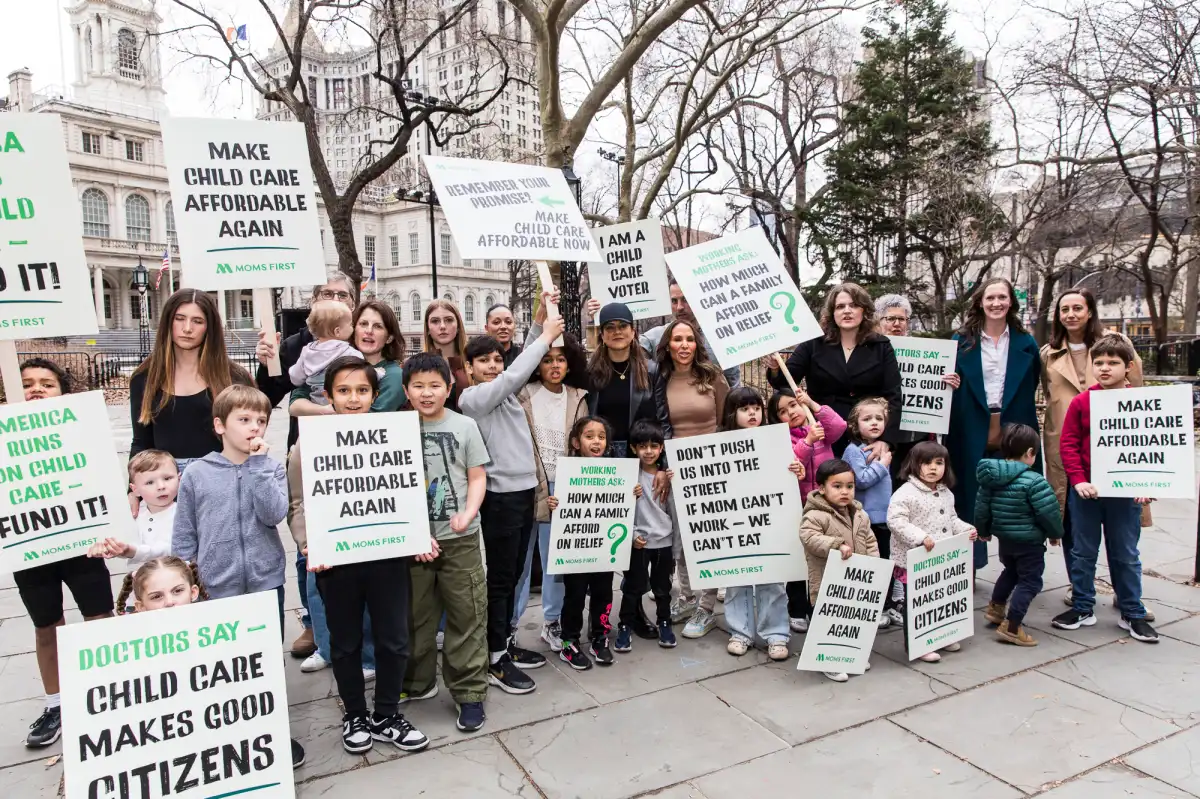Copyright Newsweek

King Charles III is under mounting pressure to take control of the crisis sparked by Prince Andrew's friendship with Jeffrey Epstein—prompting tougher statements from top politicians than the royals are accustomed to. Virginia Giuffre's posthumous book, Nobody's Girl, published Tuesday, has added to a growing backlash against Prince Andrew, also fueled leaked emails between the prince and Jeffrey Epstein. In the book, Giuffre says she was trafficked by Esptein and Ghislaine Maxwell to have sex with Andrew in 2001, mirroring a civil lawsuit she brought in New York. Andrew settled the case in 2022 while denying liability. He has always denied knowing about Epstein's abuse. Andrew's friendship with Epstein has been reported on for almost 15 years, and an interview he did with the BBC in November 2019 caused a global backlash against him, but the latest debate about his future has a key difference: top U.K. politicians have become far more hostile in their public comments. "Some politicians are waking up to the scandal and the low standards of the royal household. Some were already alive to it and are finding it a bit easier now to step up and say things, so we are starting to see signs it's getting away from just Andrew to issues about funding becoming mainstream." Reactions After Prince Andrew's 2019 Newsnight Interview The car crash Newsnight interview that ended Prince Andrew's royal career in November 2019 came one month before a General Election and leadership candidates from the two main parties, then-Prime Minister Boris Johnson was asked whether the Monarchy was fit for purpose. Johnson, who went on to win, replied: "The institution of the Monarchy is beyond reproach." Lifelong republican Jeremy Corbyn, then leader of the Labour Party, confined his criticism to the simple statement: "Needs improving." Asked specifically about Andrew, Corbyn said there were "very serious questions which must be answered," but there was no explicit criticism of the prince. Both politicians expressed their sympathy for the Epstein victims. Britain's Sudden Change of Tone on Monarchy Andrew agreed to give up use of royal titles, including Duke of York, on Friday, and initially, there was a softer tone to Government comments as Ed Miliband told the BBC that ministers left such matters up to the palace. "I think the right thing to say as a government minister is this is be a matter for the royal family. It's right he has relinquished his titles, I think the royals will have to make their own decisions about what other steps might be taken, and it is up to them." Pressed on whether he would support a move by Parliament to forcibly strip Prince Andrew of his Duke of York title, Miliband said: "They've said they don't want to take up parliamentary time with this, there are lots of other things parliament are discussing." The government's line, though, did not hold. By Tuesday, business secretary Peter Kyle had toughened up the government's position, telling Good Morning Britain that Andrew should testify in America as a witness: "Anybody anywhere that has information that can deliver that justice [for Epstein's victims] should be sharing it openly. I believe that Andrew, in the past, has said that he would cooperate, and I urge him to stick to his word on that." He did, though, maintain the position that Parliament's stripping of Andrew's title as Duke of York would take too much time. Again, though, the pressure did not abate. Rachel Reeves, Britain's finance chief, toughened the government's stance even further: “He shouldn’t have been associated with a convicted paedophile, and I think the new revelations in this book make for very sober reading and I’m sure everybody will reflect on that and form their own judgment.” Meanwhile, quoted in the Evening Standard, Robert Jenrick, a senior member of the opposition Conservative Party who narrowly missed out on becoming party leader, said it was "about time Prince Andrew took himself off to live in private" because "the public are sick of him." Anger has been mounting, also, over Prince Andrew's living arrangements after reports in the British press about him paying a "peppercorn rent" at his 30-room mansion, Royal Lodge. Andrew had paid £1m up front and was responsible for £7.5 million more in renovations when he signed a 75-year lease in 2003, but has not paid any significant rent since. This prompted calls in Parliament for Andrew to give evidence about his financial arrangements to a parliamentary select committee. Ed Davey, leader of the LibDems, told the House of Commons: "Given the revelations about Royal Lodge, does the Prime Minister agree that this house needs to properly scrutinize the Crown Estate to ensure taxpayers' interests are protected? The chancellor herself has said the current arrangements are wrong, so will the Prime Minister support a select committee inquiry so all those involved can be called for evidence, including the current occupant?" In other words, the government's initial position that it was all a matter for the palace appears to have crumbled, and there is still no telling how much longer the anger could continue to build. "I think the Government's position that he should be policed by his own brother is abhorrent," Smith said. Analysis Polling has long indicated Britain is becoming less pro-royal, especially among younger generations, but the palace has always had a key shield against the rising tide of republican sentiment—the support of the major political parties. Britain will never abolish the Monarchy unless the sitting Prime Minister wants to and has the support of a majority in Parliament to do so. Up until now, that has never been seriously in doubt. The current shift in the political climate in Britain alone would likely not be enough to take Britain to the point of scrapping the crown, but it does serve as a warning shot across the palace's bows about just how quickly the political climate can change.



